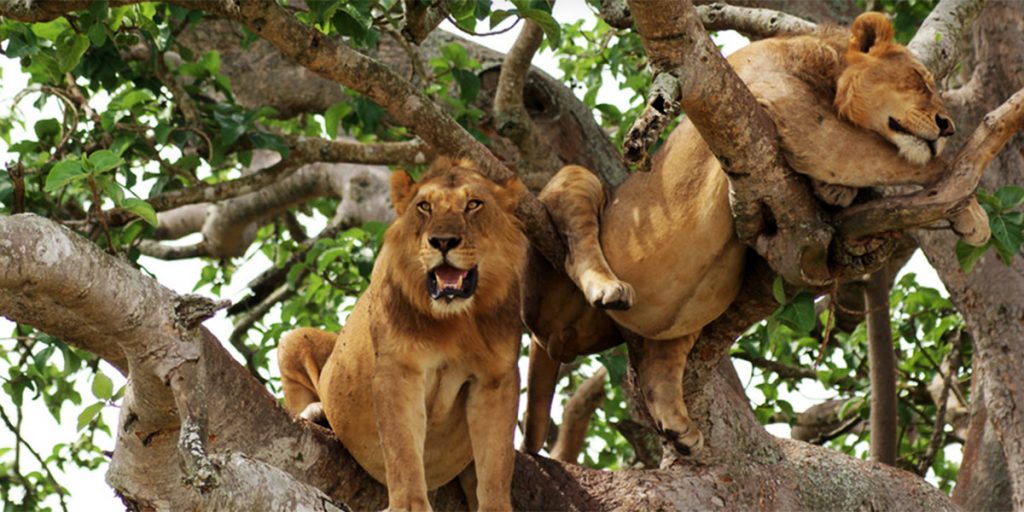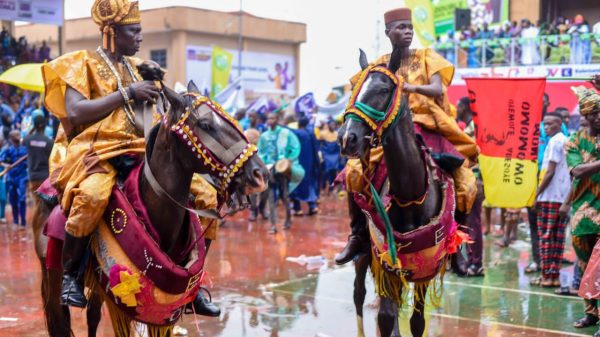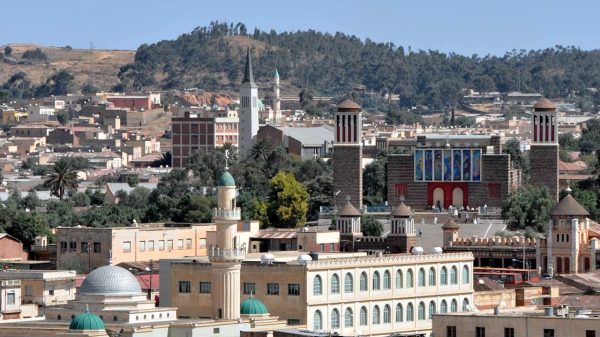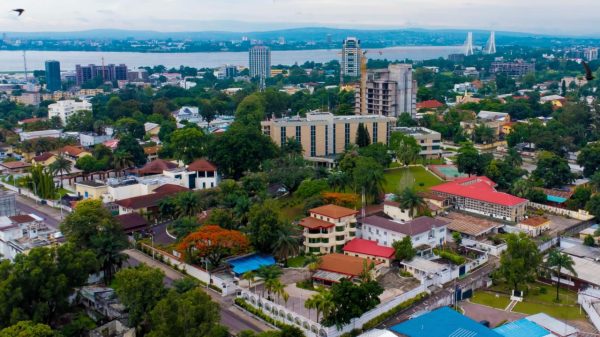Uganda, known as the “Pearl of Africa” by Winston Churchill is a land of breathtaking natural beauty, from the snow-capped Rwenzori Mountains and the vast plains teeming with wildlife to the iconic source of the Nile River.
Its vibrant culture is a rich tapestry woven from numerous ethnic groups, each contributing unique traditions, languages, and customs. Beyond its stunning landscapes and cultural diversity, Uganda holds a significant place in African history and continues to evolve as a dynamic and welcoming nation.
Discover the fascinating aspects that make Uganda a truly remarkable destination.
1. Cultural Diversity and Languages
Uganda is home to over 50 distinct ethnic groups, each with its own unique traditions, languages, and customs. This cultural mosaic includes groups such as the Baganda, Basoga, Iteso, and Bakiga, among others. The country’s official languages are English and Swahili, but numerous indigenous languages are spoken nationwide. This linguistic diversity reflects Uganda’s rich heritage and contributes to its vibrant cultural landscape.

2. Biodiversity and Wildlife
Uganda boasts an incredible array of wildlife, including the highest density of primates worldwide. Notably, it is home to nearly half of the world’s mountain gorilla population, primarily residing in the Bwindi Impenetrable National Park. This park, along with others like Mgahinga Gorilla National Park, offers sanctuary to these majestic creatures and plays a crucial role in their conservation.
3. Abundance of Bird Species
For bird enthusiasts, Uganda is a paradise, hosting over 1,000 bird species. This impressive diversity makes it one of the top birding destinations globally. From the elusive shoebill stork to vibrant turacos, the country’s varied ecosystems provide habitats for a wide range of avian life. Birdwatching tours are popular, attracting enthusiasts eager to spot rare and endemic species.

4. Unique Tree-Climbing Lions
In the Ishasha sector of Queen Elizabeth National Park, visitors can witness the rare phenomenon of tree-climbing lions. Unlike most lions, which typically remain on the ground, these lions have adapted to resting in fig trees. This behavior is believed to help them escape ground-level pests and enjoy cooler breezes. Observing these majestic animals lounging in trees is a highlight for many safari-goers.
5. Source of the Nile River
Uganda is the source of the White Nile, one of the two primary tributaries of the Nile River. The river originates from Lake Victoria near Jinja, offering opportunities for water-based activities like white-water rafting and kayaking. The Nile’s presence has been integral to Uganda’s history, culture, and economy, supporting agriculture and providing hydroelectric power.
6. Equatorial Location with Varied Climate
Despite its position along the equator, Uganda’s climate is pleasantly varied, thanks to its diverse topography and elevation. While lowland areas experience tropical conditions, the highlands and mountainous regions enjoy cooler temperatures. This climatic diversity supports a range of ecosystems, from savannas and forests to wetlands and alpine zones.

7. Rich Agricultural Heritage
Agriculture is the backbone of Uganda’s economy, employing a significant portion of the population. The country’s fertile soils and favorable climate allow for the cultivation of various crops, including coffee, tea, bananas, and maize. Ugandan coffee, particularly the Arabica variety grown on the slopes of Mount Elgon, is renowned for its quality and flavor, contributing to the nation’s export earnings.
8. Young and Growing Population
Uganda has one of the youngest populations globally, with a median age of just 15 years. This youthful demographic presents both opportunities and challenges for the country’s development. Investments in education, healthcare, and employment are crucial to harness the potential of this vibrant and dynamic population.
Subscribe to our Newsletter
Stay updated with the latest trends in African Pop Culture!

















